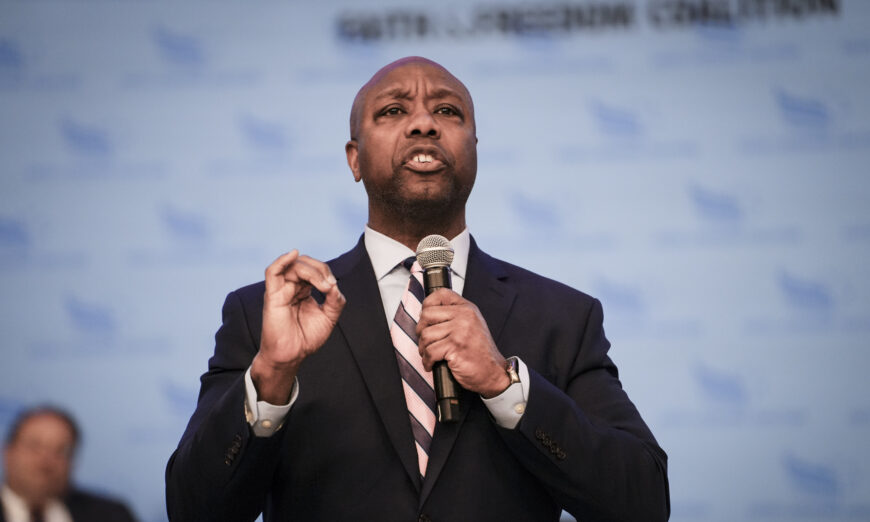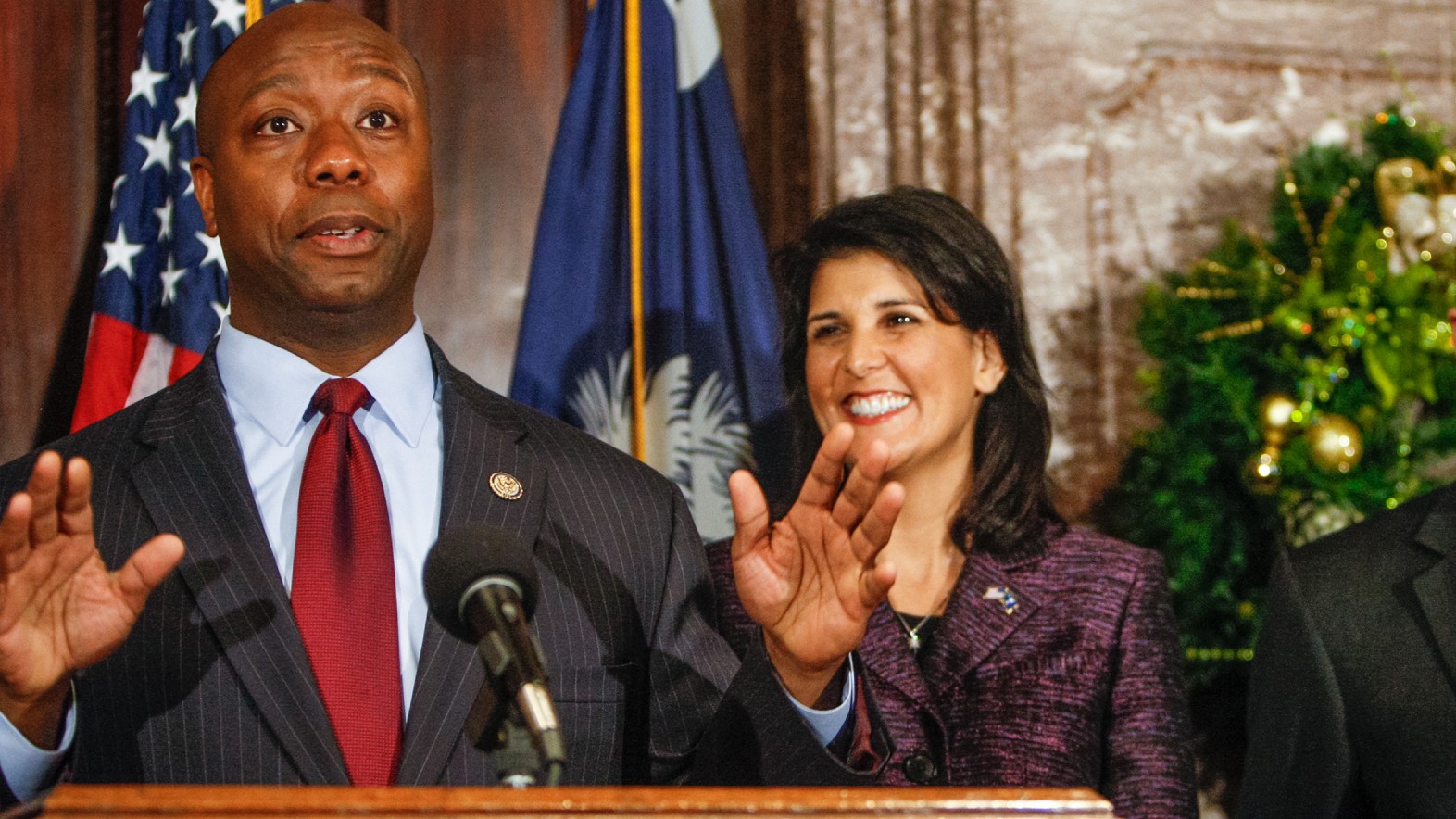Tim Keller, a Gospel icon, leaves a remarkable legacy open to both praise and critique.
Remembering Tim Keller: A Legacy of Gospel Influence
Two Temptations
Whenever a giant of the faith passes into glory, there are two equal and opposite temptations: to deny his strengths, or deny his weaknesses. The passing of Tim Keller is no exception. In life, perhaps no single little “o” orthodox Protestant Christian figure inspired more vigorous reactions from defenders and detractors. In the wake of his death, warm eulogies have proliferated around social media, while even people who had strong critiques of his methodology have added their respectful appreciation for the man who defined a generation of evangelism and church-planting.
Criticism and Appreciation
Still, there will be those who, quietly or openly, declare in sweeping tones that there’s nothing good in Keller’s legacy. Some are leftists who resent the fact that he never made a radical departure from sexual orthodoxy, or that he wasn’t vocal enough in campaigning against church abuse. Others have harshly criticized his so-called “third-way” approach to politics and evangelism from the right.
In his last years, he drew particularly intense criticism for various much-discussed “Twitter moments,” where he would double down on a tweet or thread in response to conservative backlash. Most notably, he argued that disagreements on abortion policy, among other “debatable political differences,” shouldn’t create “disunity” among Christians. He then linked a New York Times article briefly outlining his philosophy of how Christians should transcend the two-party system.
Of course, Christians needn’t insist that they are bound to a two-party system in order to take issue with Keller’s proposal that abortion policy is “debatable” among mature Christian believers. On this and many other points of missiology, theology, and cultural analysis, many conservative Christians understandably parted ways with Keller.
Gospel Influence
Despite this, it would be foolish to deny the combinatorial explosion of gospel influence that traces directly to Keller’s ministry. It’s impossible to number the souls who would never have so much as heard Christ preached were it not for his drive to reach them. And more, it’s impossible to number the souls reached through the ministry of the countless other churches he planted and younger leaders he mentored. Many are alive in Christ today who have good reason to thank God for Tim Keller.
I’ve now lost count of the eulogies I’ve seen which describe certain books and sermons of his as nothing less than life-changing. Naturally, someone could point out that this doesn’t make the sermons or books good in themselves. But in Keller’s case, much of it was in fact good, substantive, and full of the gospel.
A Gift of Friendship
Like C. S. Lewis, whom Keller claimed as an influence while modestly refusing to put himself on a comparable pedestal (though some fans might try), he was also blessed with the gift of friendship. Much more than a celebrity pastor, he was a down-to-earth man who frequently went out of his way to engage with people who had no platform, paying genuine attention to their needs and questions. Even while undergoing treatments for pancreatic cancer, he continued to give generously of time and energy he didn’t have. We can only aspire to this sort of generosity in our everyday, cancer-free lives.
Honest Assessment
All of this should be fair game for honest, measured assessment as people survey Keller’s legacy. To insist otherwise is to place him on an unhealthy pedestal. He was at times a flawed and misguided thinker, no different from numerous other zealous, prolific men whose memories we still honor in the church.
Yet, to remember him solely as a flawed thinker is to trivialize the sum total of a man who loved his family and friends faithfully, who never brought the shame of scandal to the bride of Christ, and who in his final days modeled how every Christian should face death — calmly, courageously, with eyes fixed firmly on the joy set before him.
A Legacy of Gospel Influence
Benedict XVI’s last words, reportedly, were “Jesus, I love you.” Tim Keller, in his final hours of home hospice care, said “I can’t wait to see Jesus.” May we all be so eager and ready to meet our maker, when our time comes.
Bethel McGrew is a teacher and freelance writer based in Michigan. Her bylines include National Review, World, The Spectator, First Things, Plough, and many other outlets. Follow her on Twitter @bmcgrewvy.
" Conservative News Daily does not always share or support the views and opinions expressed here; they are just those of the writer."





